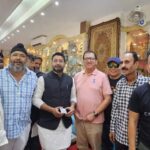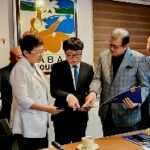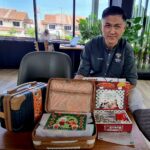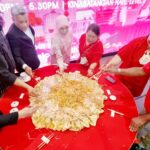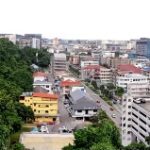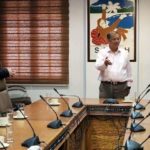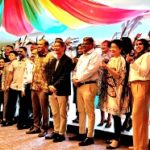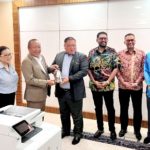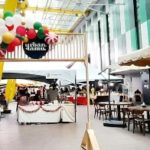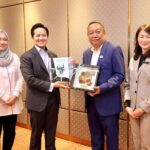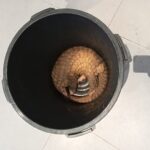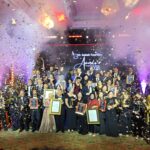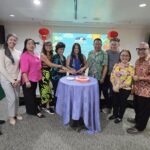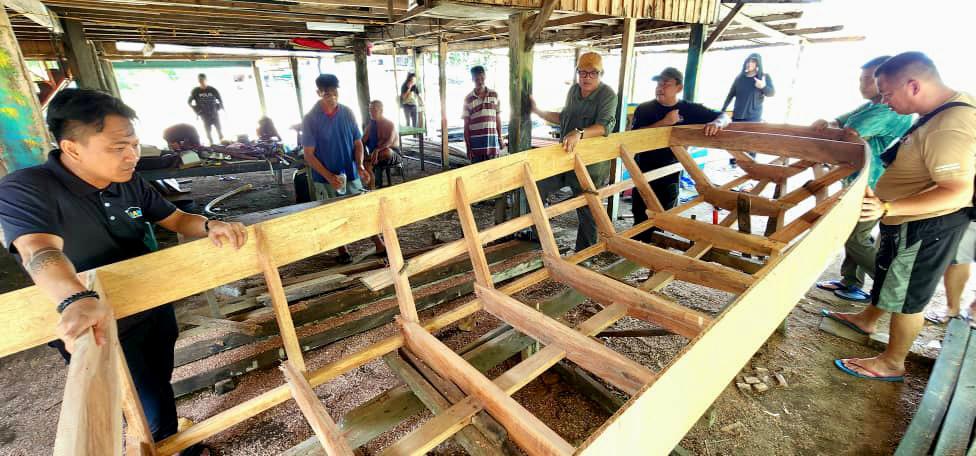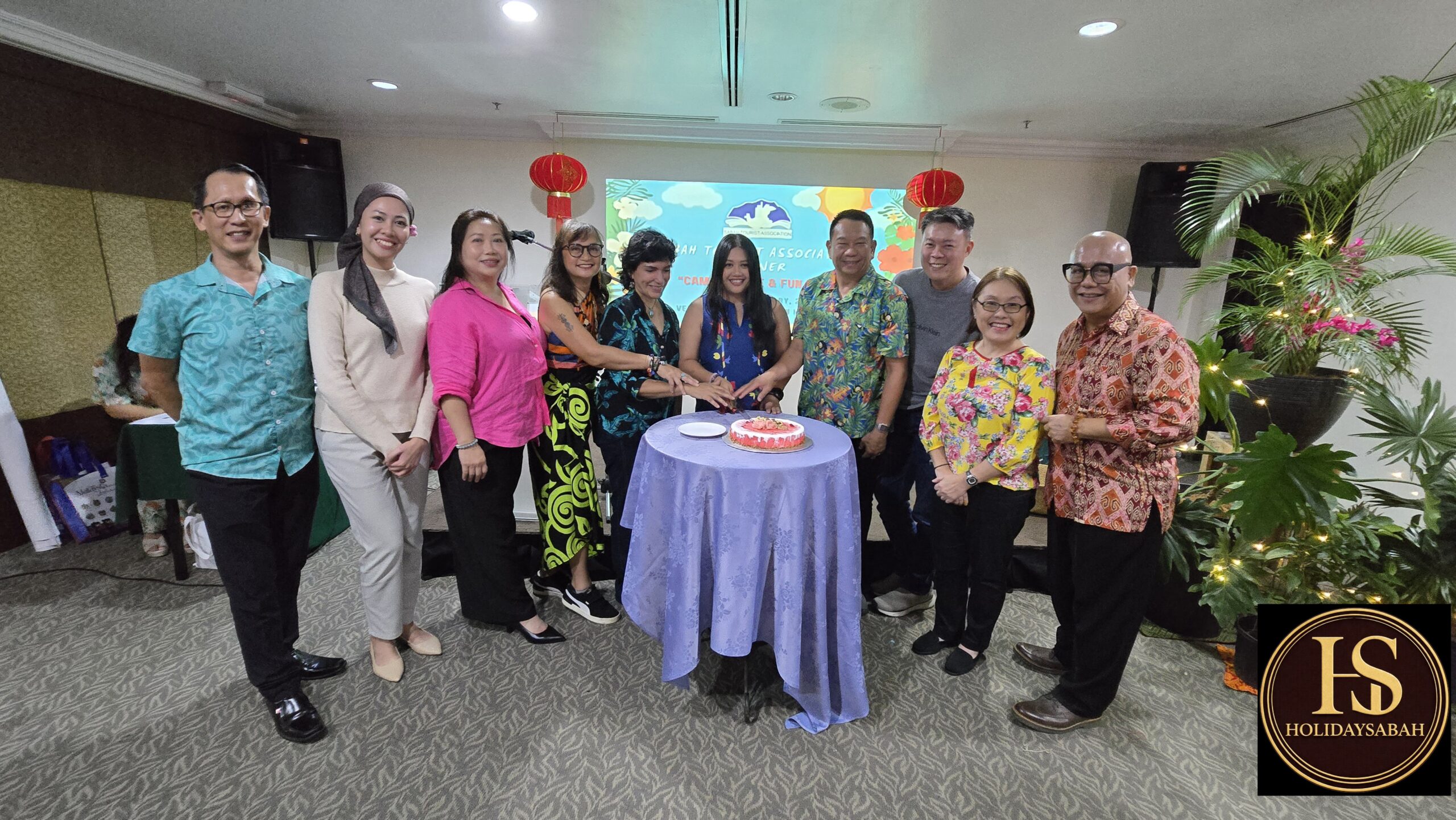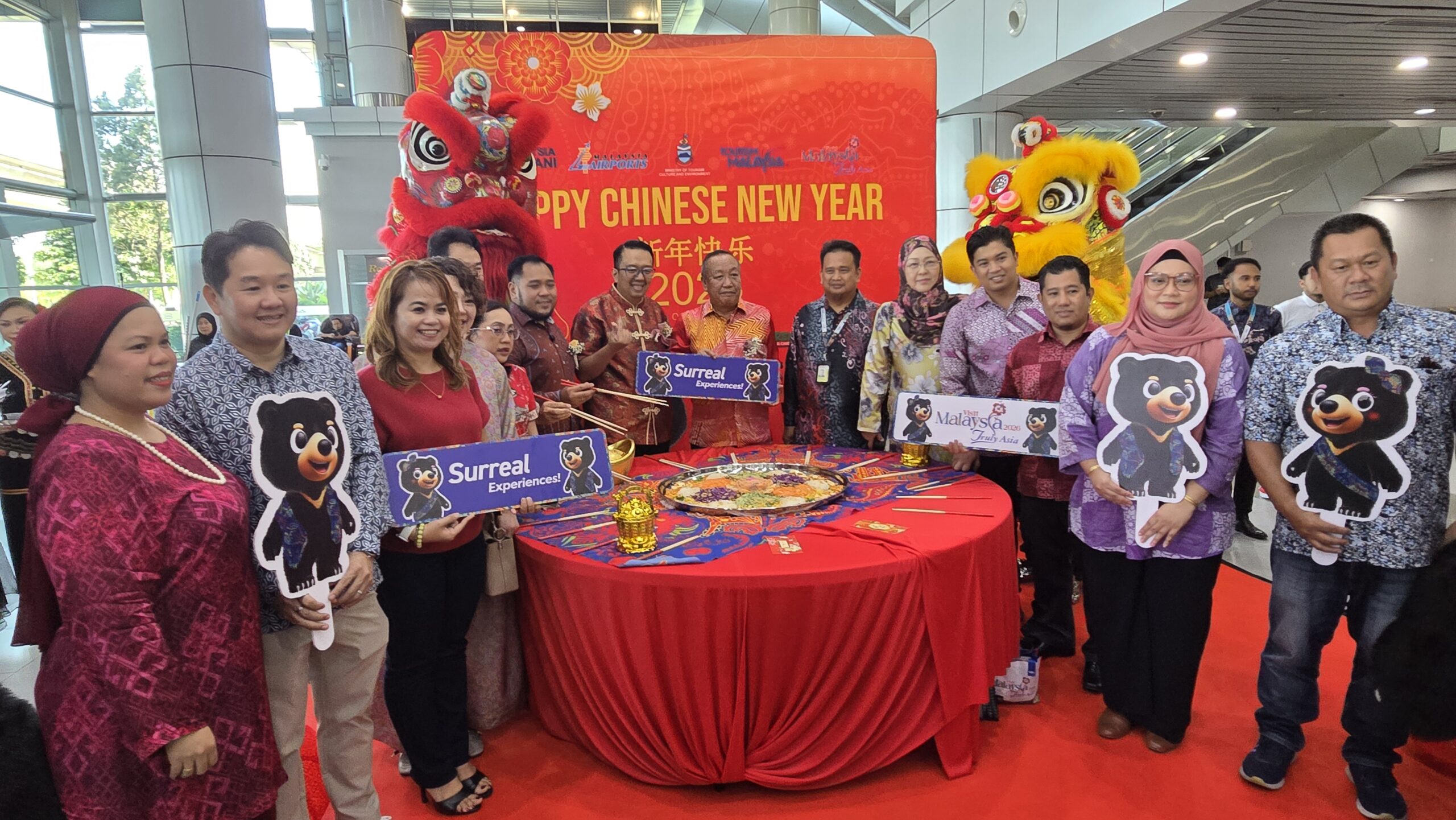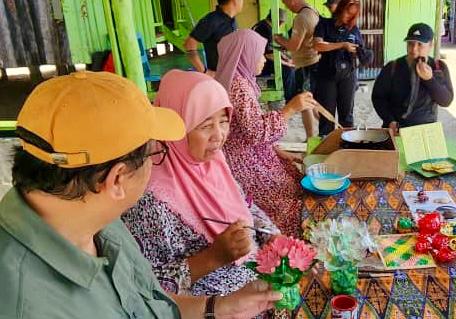
Nestled on tranquil Libaran Island, the Walai Penyu Conservation Park in Sandakan continues making strides in turtle protection and community empowerment.
Assistant Tourism, Culture and Environment Minister Datuk Joniston Bangkuai visited the island to witness the impactful synergy between the conservation park and the local community.
Present were Alexander Yee, founder and managing director of Walai Penyu Conservation Park, along with officials from the Ministry and Sabah Tourism Board.
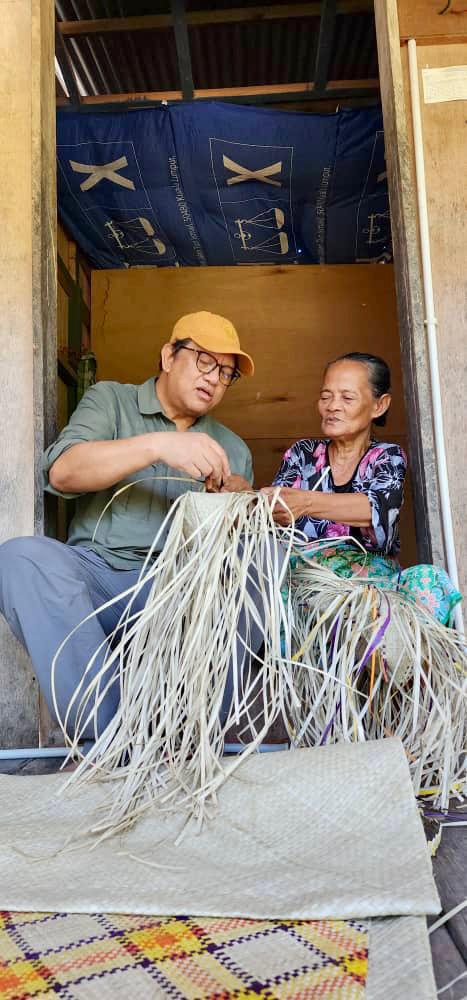
Joniston, also the chairman of the Sabah Tourism Board, stressed the vital role of protecting endangered turtle species frequenting Libaran shores and preserving delicate ecosystems for the future.
He also emphasised Libaran Island and its community’s potential as a unique tourism product.
“I’m truly impressed by the community’s craftsmanship in producing handicrafts using ‘mengkuang’ (screw pine leaves) and recycled materials, as well as boat making.
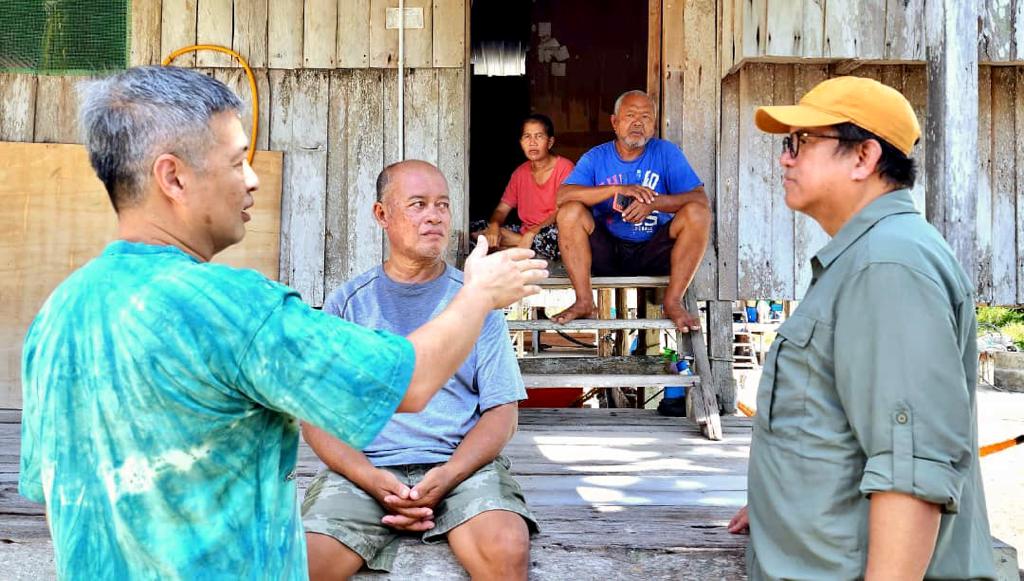
The island community serves as educators, imparting the significance of turtle preservation and marine conservation due to their deep connection with the land and sea,” he added.
Joniston’s visit reflects the Sabah Tourism Board’s commitment to promoting and supporting activities benefiting both the environment and local communities.
He highlighted that by investing in community-driven conservation efforts, Sabah can set an inspiring example for responsible tourism and ecological preservation.
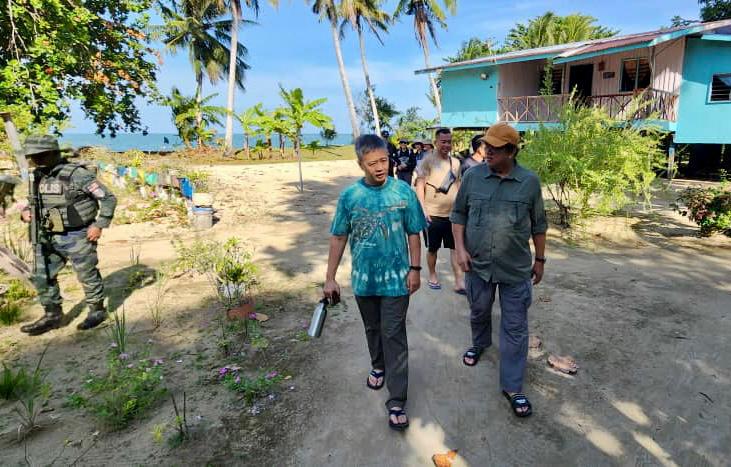
Meanwhile, Yee shared his visionary plans to further integrate the local community into the conservation landscape.
His aim is to gradually entrust the Walai Penyu Conservation programme to the community, empowering them to independently champion and sustain turtle conservation initiatives.
“We believe in empowering the community to become stewards of their environment.
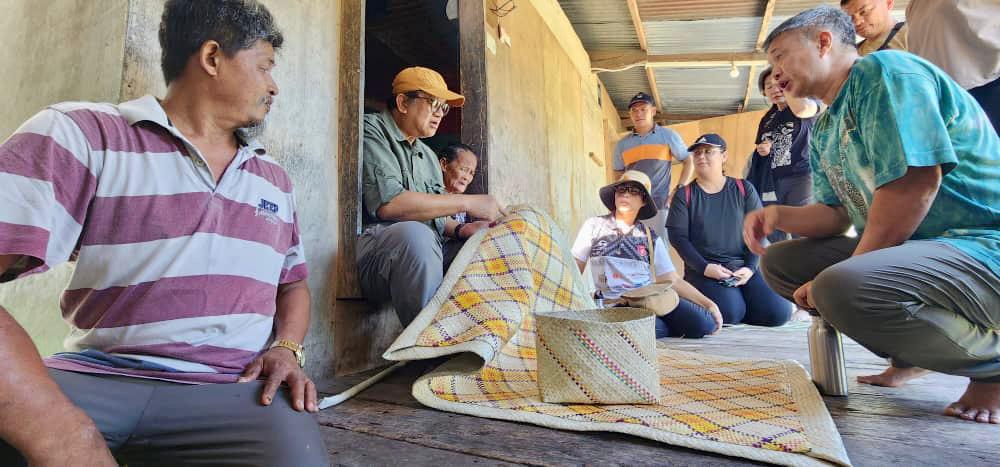
“This step ensures the long-term success of marine turtle conservation and the well-being of the local people,” he said.
Since its establishment in 2010, the Walai Penyu Conservation Park has played a pivotal role in safeguarding nesting and hatching sites of endangered turtle species.
Moreover, their unwavering commitment has fostered a cleaner island environment and instilled a sense of responsibility among the islanders, prompting active maintenance of their surroundings free from debris.
